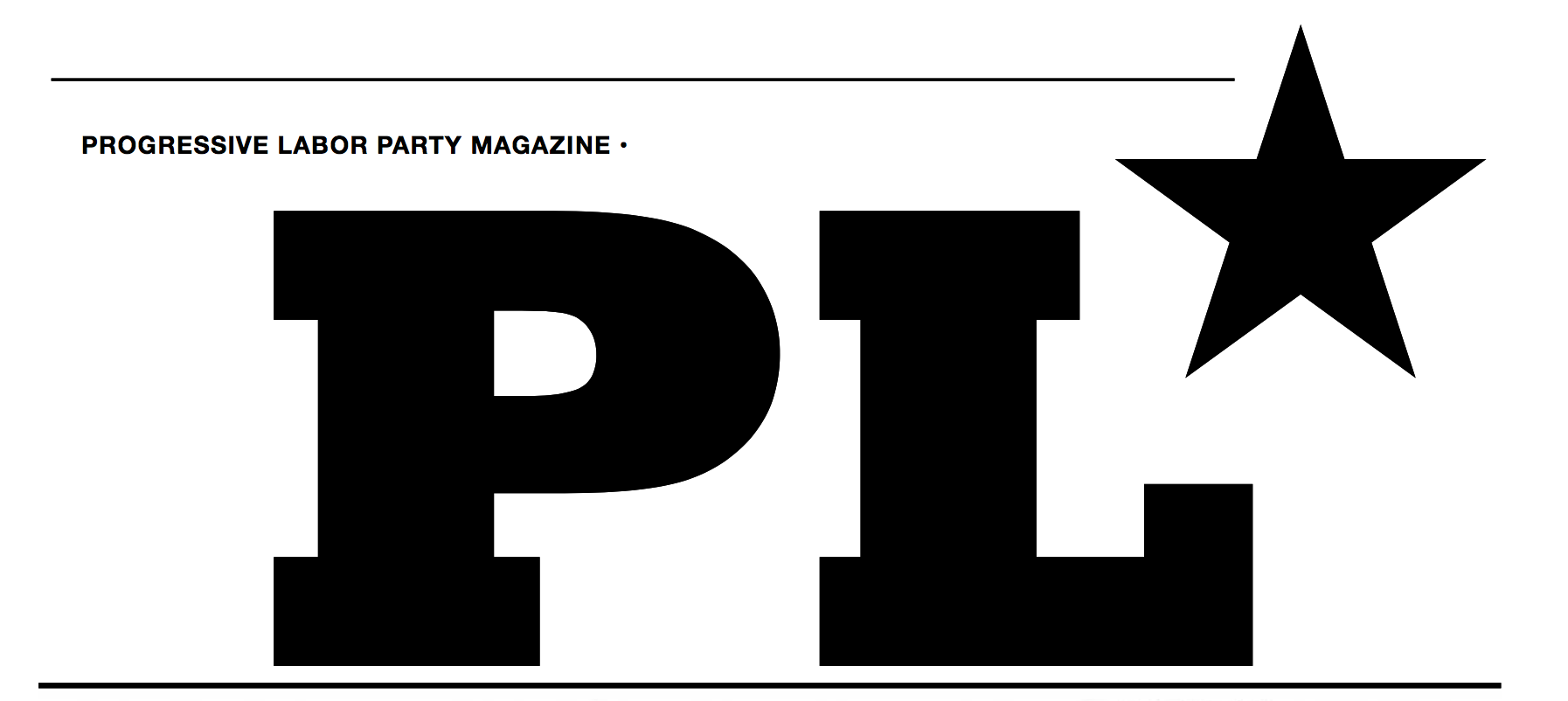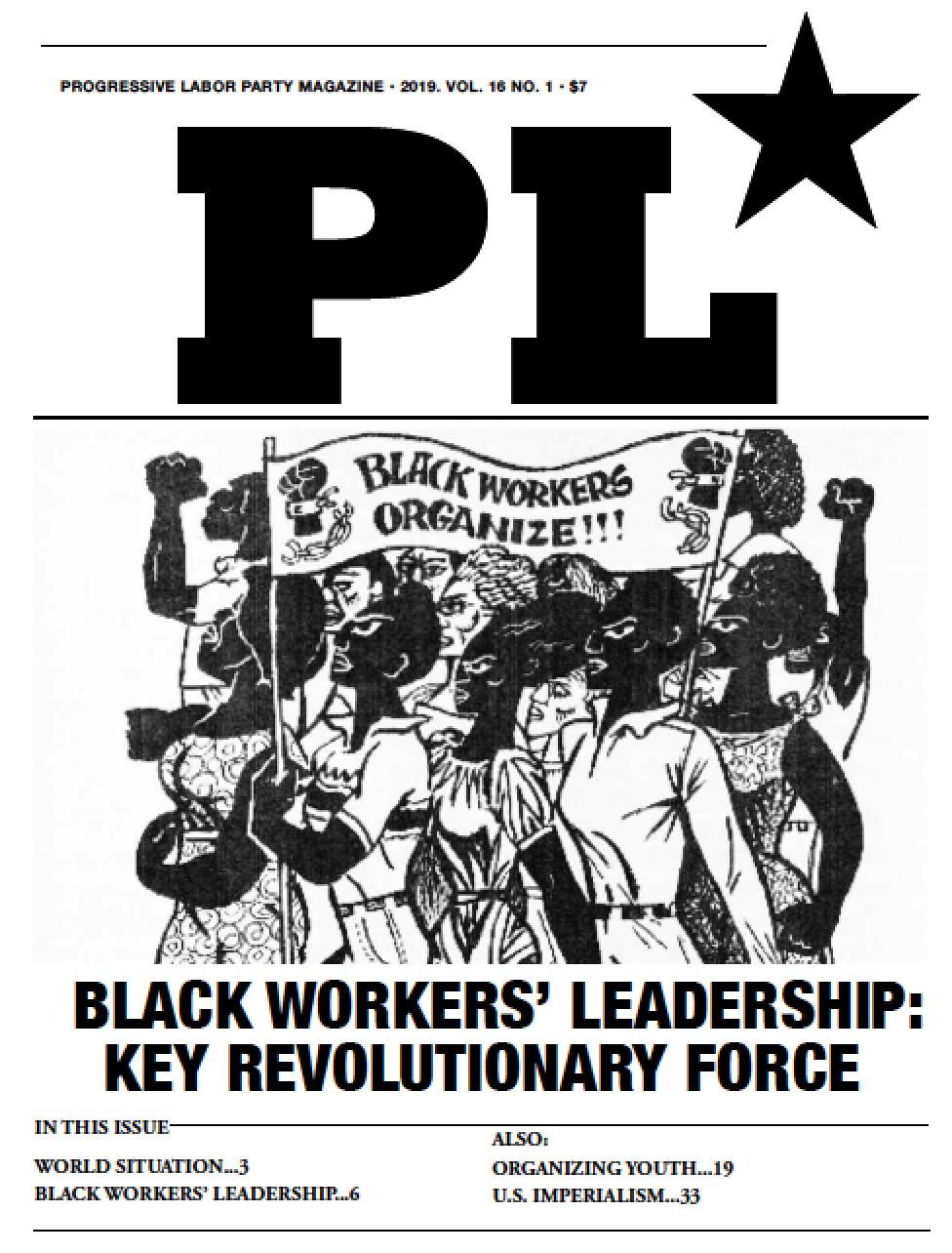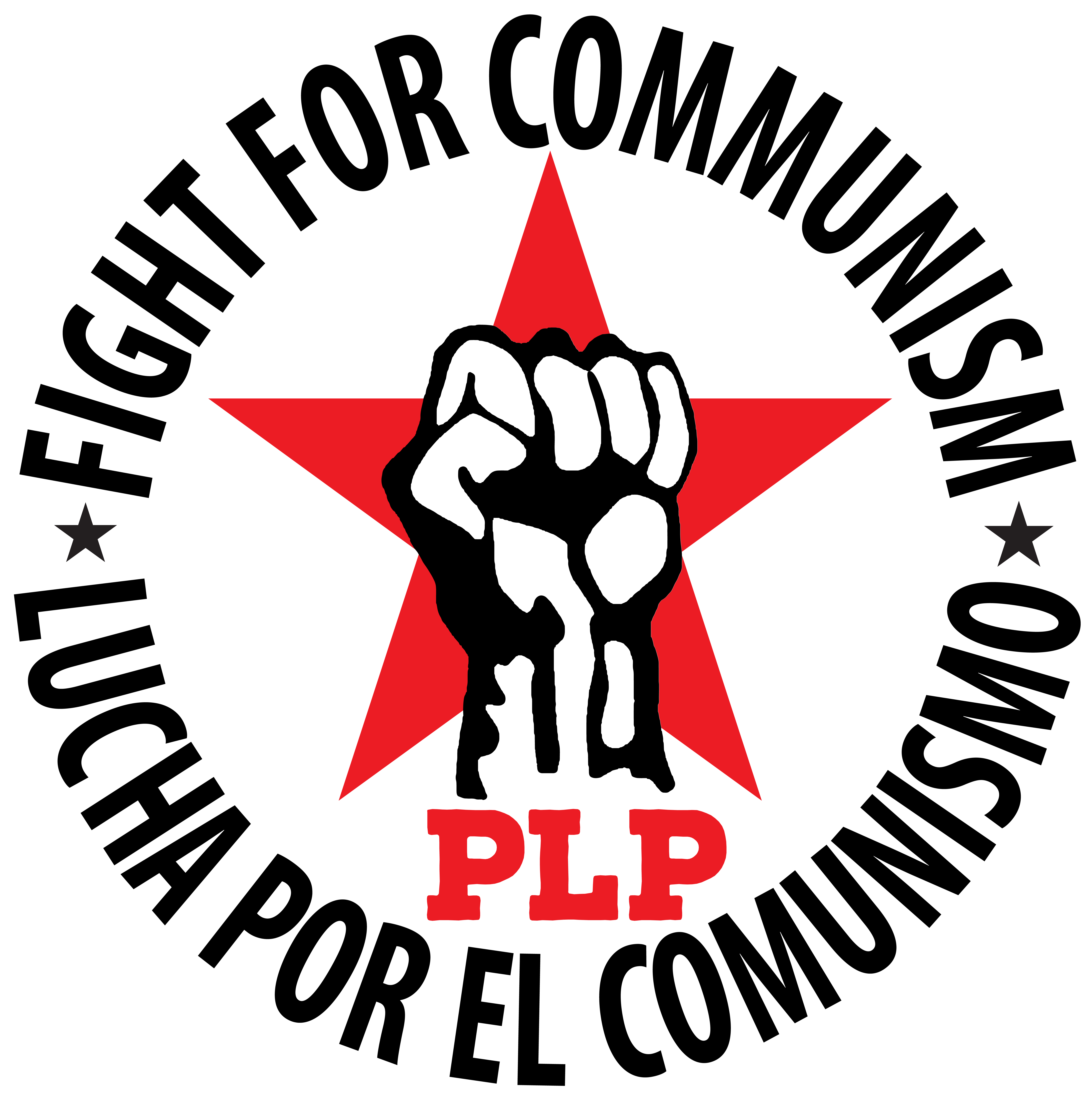Queen & Slim dripping in identity politics
 Saturday, January 11, 2020 at 12:43PM
Saturday, January 11, 2020 at 12:43PM Queen & Slim, promoted as the “Blackest movie ever made,” falls short on making any real working-class advance against racism. We meet the protagonists, revealed to be Queen/Angela (Jodie Turner-Smith) and Slim/Earnest (Daniel Kaluuya) at the end of the movie, at a Black-owned diner for a Tinder date. That would’ve been the end of their relationship if it wasn’t for the drive home when they got pulled over by a racist white cop, accidently killed him in self-defense, and embarked their journey to freedom.
No faith in the injustice system
The film showed promise. After the accidental shooting, Angela convinces Earnest that there are no good options. She holds credibility because she is an attorney. Thankfully, the audience was not given the option to debate the merits of the injustice system. Our leads were criminals in the eyes of the system, but to the audience, they were the characters we were to identify with and see the world through. But, it’s pretty much downhill from there.
Blackness is not revolutionary
We can’t separate art from its artists. To understand the film, we must look at its creators. Queen and Slim was written by Emmy winner Lena Waithe and directed by Melina Matsoukas, a creative brain trust of Beyoncé and others. Waithe says the film is a “meditation on blackness…but it was really like a hug I want to give black people” (NPR, 11/27/19). Born to parents who were in the Progressive Labor Party, Matsoukas was “raised to figure out how I was going to be an activist…I also wanted to showcase Black love and unity, not just romantic love. Black unity is our greatest power against oppression. What is represented on-screen is not just the love between those two characters, but the love that the community shows Queen and Slim” (The Atlantic, 12/2019).
Where Waithe and Matsoukas go wrong is equating Blackness with radicalism. Speaking of a Black experience in and of itself—as if it’s not shaped by class, as if Black workers and Black bosses & politicians are on the same side of the oppression line—is not radical. Celebration of Blackness, without an analysis, is an insufficient reaction to a racist system that devalues Black workers. While Waithe and Matsoukas are clearly in conversation with the racism of life inside and outside of the entertainment industry (the film was not even considered for the Golden Globes), Black unity is far from the “greatest power against oppression.” While unity based on race may sound affirming, all skin folk ain’t kin folk.
Unity with whom? Against whom?
Unity based on race (race is fake, but the racism is far too real) is dangerous for the working class, Black workers included. Black unity confuses enemies for friends. As the menu of politicians, CEOs, union leaders, and masters of war diversifies, Black nationalism will have lethal consequences for Black and all workers.
Queen & Slim did address the issue of unity. Spoiler alert: The couple does not complete their quest to freedom because a Black worker sells them out. Matsoukas says, “We wanted it to be complicated…What the affects of racism do to our community…the Black man who sells them out, he’s a victim of capitalism” Oprah Magazine, 11/28/19). The lack of class-consciousness is a serious problem in this period of low class struggle. However, this is a criticism of lack of unity within the working-class, but leaves out attacking Black bosses and politicians (Chicago mayor Lori Lightfoot, Baltimore mayor Bernard Young, senator Kamala Harris, etc).
Yet, there was one example of multiracial unity, however marred with a transactionalist instead of a principled stance. A white veteran, friend of Queen’s pimp uncle Earl, gives the couple refuge. He’s seen as repaying a favor, not as a man who acts out of solidarity with fugitive.
Black cops are not our friends
The film portrays Black cops in a positive light. When Queen & Slim jumpstart a car, they are allowed to escape by a Black cop who was dealing with his racist comments from his white patrol partner. This Black cop’s name is Langston. Never mind that the writer Langston Hughes grew to be a communist who depicted both the brutal anti-Black racism as well as multiracial and international fightback.
“I [Masoukas] have a Langston Hughes quote on my arm that says ‘I, too, am America” (Oprah Magazine, 11/28/19).
This cop scene is troubling due to its implications of, to put it crudely, that more Black cops can make American worth being a part of. Why claim a country that was founded on the ownership and exploitation of your own?
A failed odyssey
Queen and Slim are brutally assassinated by a line of white police. Their odyssey remains unfinished, but their story becomes immortalized. The final destination of their quest for freedom was Cuba, where Assata Shakur also sought refuge after conviction of the murder of a state trooper (another allusion to Black power). She escaped from jail and got asylum in Cuba in 1984. Today, the workers in Cuba cannot escape from the profit system there or from the racism dividing tourist havens from the majority of workers.
Beautifully misleading
Queen and Slim’s brutal assassination leaves the audience with a sense of loss.
The film’s beauty and form do not make up for its misleading content. Ultimately, the film confuses enemies for friends and identity with revolution; it replaces multiracial unity with Black nationalism and a protracted class struggle with romanticism and martyrdom—in more ways than CHALLENGE has room to address. Readers, we welcome your thoughts!
The working class—Black, Latin, indigenous, Asian, and white—deserves a film that goes beyond identity politics and inspires our class to dismantle race and racism. Only a multiracial, international communist party with Black workers’ leadership has the chance of dismantling it.
Still, Queen & Slim is a popular film rich with imagery and symbolism, an opportunity for communist analysis and discussion with friends, co-workers, and students. We invite you to send your evaluation to CHALLENGE!
 Movie Review
Movie Review 




 Progressive Labor Party (PLP) fights to destroy capitalism and the dictatorship of the capitalist class. We organize workers, soldiers and youth into a revolutionary movement for communism.
Progressive Labor Party (PLP) fights to destroy capitalism and the dictatorship of the capitalist class. We organize workers, soldiers and youth into a revolutionary movement for communism.




Reader Comments